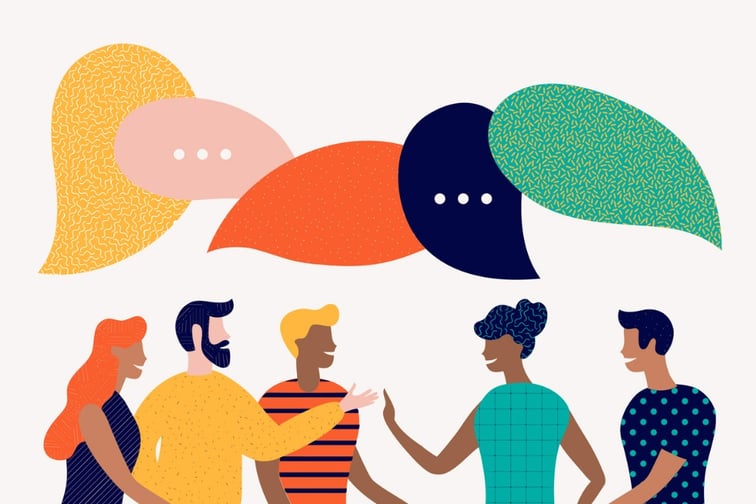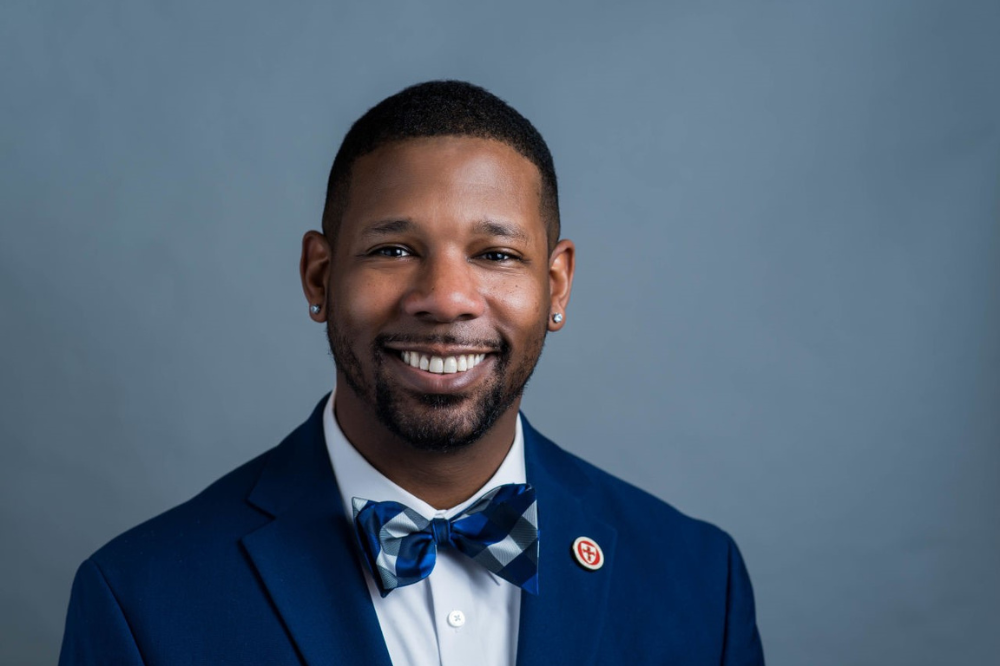

The May 2020 murder of George Floyd in Minneapolis, and the subsequent social justice movement it sparked, shed light on the systemic injustices that Black people can face on a daily basis, from police brutality to diversity issues within industries and positions of power. The viral video prompted many to look outward and become confronted with the reality that both society and institutions suppress growth and opportunity for a sizeable portion of the African American population.
Using this event as inspiration for an expansive DE&I survey, the National African American Insurance Association polled a large percentage of insurance professionals to examine how Floyd’s murder affected the industry. The results showed that while there was increased attention placed on diversifying the workplace, more outcome-driven action needs to be taken to achieve greater representation, from entry-level to executive positions.
“There are these moments that are tipping points and they push us from creeping along slowly in our culture change efforts to making a leap during a particular moment” said Omari Jahi Aarons (pictured below), executive director and chief operating officer of NAAIA.

Using the Black Lives Matter protests in the wake of Floyd’s death as a catalyst to examine any structural change within the insurance industry, the results presented in The Next Steps on the Journey: Has Anything Changed? showcased the following observations from participants:
While these numbers did show signs of progress in recognizing and mending diversity issues, participants were keen to note how more needs to be done to bring in talent and promote upward mobility into senior and executive positions.
A significant barrier to raising interest for a career in the insurance industry comes African Americans potentially being culturally attuned to distrust financial institutions.
“When we look at insurance and financial services, as well as predatory lending practices and redlining, the notion of people storing money under their mattress and thinking that is safer than in a bank is a very real thing,” Aarons said.
“Those lessons and stories have been passed along generation after generation”
NAAIA is working hard to dismantle these deeply engrained attitudes towards institutional money handling practices. Aarons and his team have been visiting traditionally Black communities to offer insight into acquiring helpful insurance policies.
“We have to go back to the beginning and educate the community at large, allowing insurance talk to infiltrate dinner table conversations, helping close the racial wealth gap in the US while also baiting interest in entering the field professionally” Aarons said.
This hesitancy also effects the number of African Americans in executive roles within the industry where Aarons noted “we also know the way that people climb is through relationships. If I get a job, then you get a job. If I get promoted, you get promoted.”
“Professionals mostly bring along their crew as they ascend in a company or organization. We must now do the work early on through development and cohort programs to ensure that this crew is racially diverse while also including individuals across the gender spectrum.”
NAAIA is proud to celebrate Women's History Month, to uplift the contributions of trailblazing women to our society, and to work toward the rights of women to participate fully and equitably in our industry at every level. pic.twitter.com/A31jAy68tQ
— NAAIA National (@NAAIAnow) March 1, 2023
A follow up to a similarly themed 2018 report, Aarons and his team witnessed a positive increase in the diversity of individuals who agreed to take part in the study.
Over 650 professionals agreed to participate — through both interviews and focus groups — a number that more than doubled the respondents in 2018.
While an increased turn out of female participants was a welcome change, Aarons pointed out glaring omissions from the study. “We saw that Black men, LGBTQIA+ individuals, millennials and gen z, as well as executive and c-suite level professionals were not as present in the interviewing and research phase,” he said.
“To continue to make strident efforts in diversity, equity and inclusion and collate data that is useful as a whole, we need to find ways to recruit these groups in our research to paint a more thorough picture of the industry.”
Aarons and his team at NAAIA understand that systemic roadblocks cannot be resolved in a short timeframe, but require years of analysis, reflection and action planning.
“The message that we want people to glean from The Next Steps on the Journey study is that the research presented is designed to spark conversation” Aarons said. “Don't just read the report and put it on the shelf. Have that talk, take it into other rooms, discuss it with the leadership at your company.”
While the organization does offer its partners and the general the opportunities to attend DEI-focused events, it is ultimately pushing for a level of introspection.
“We would love to see businesses and professionals inquire about how they can help from where they are right now. What are the actions they can take to make the industry more inclusive and equitable?”
With the information and recommendations provided, NAAIA is confident that when it has completed the third instalment of the study, the numbers within it are going to be different.
“We're going to see the compensation band higher,” Aarons said. “We're going to see barriers to retention and entry in the insurance industry reduced.
“Furthermore, we're going to see millennials, gen z, Black men and LGBTQIA+ individuals take part as well..
What did you think about this report’s findings? Let us know in the comments section below.
